Find Help
More Items From Ergsy search
-
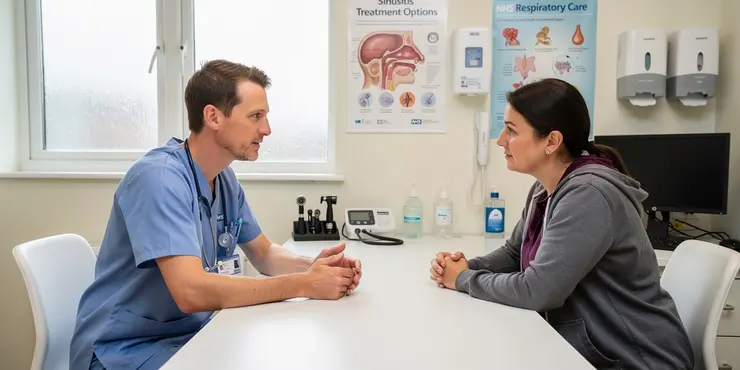
How to treat sinusitis | NHS
Relevance: 100%
-
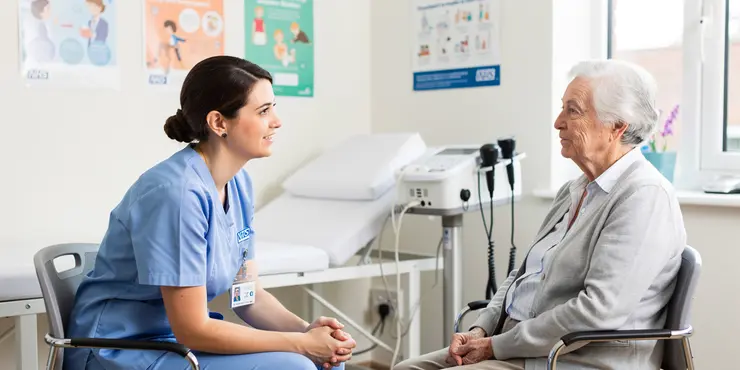
Understanding Seasonal Flu: Prevention and Treatment
Relevance: 41%
-
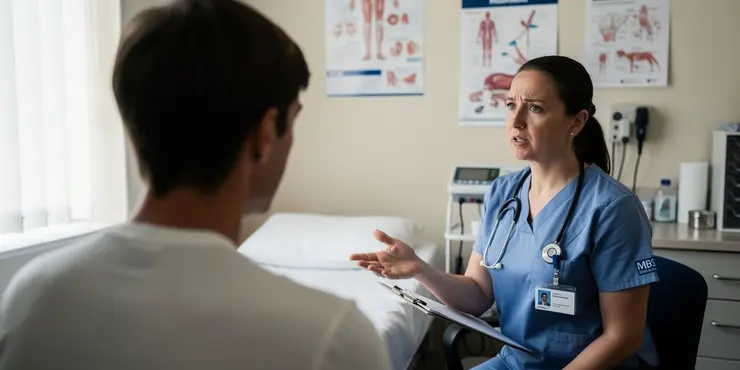
Can hay fever symptoms mimic other conditions?
Relevance: 38%
-
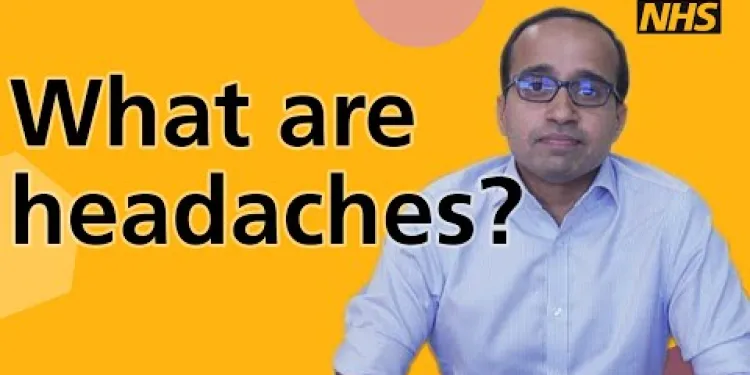
What are headaches?
Relevance: 32%
-
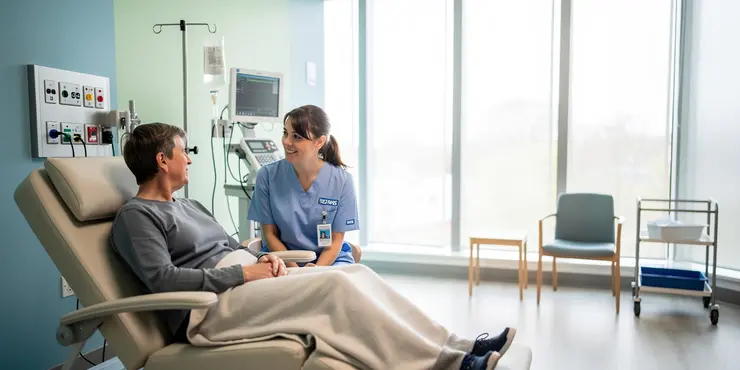
Having chemotherapy and other treatments in the Day Treatment Unit
Relevance: 32%
-
Is there a treatment for measles?
Relevance: 31%
-

Is there a treatment for measles?
Relevance: 31%
-
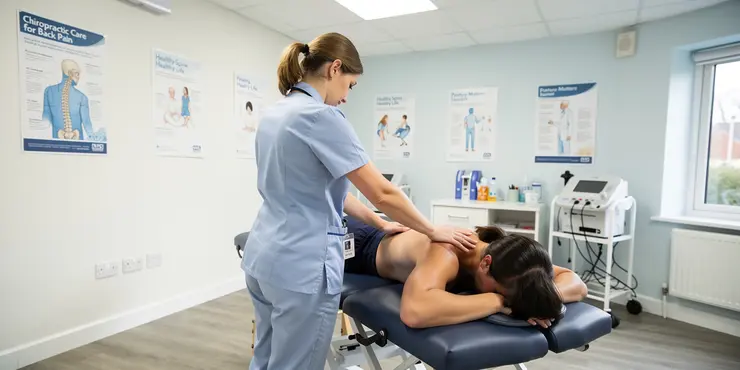
Are chiropractic treatments safe?
Relevance: 31%
-
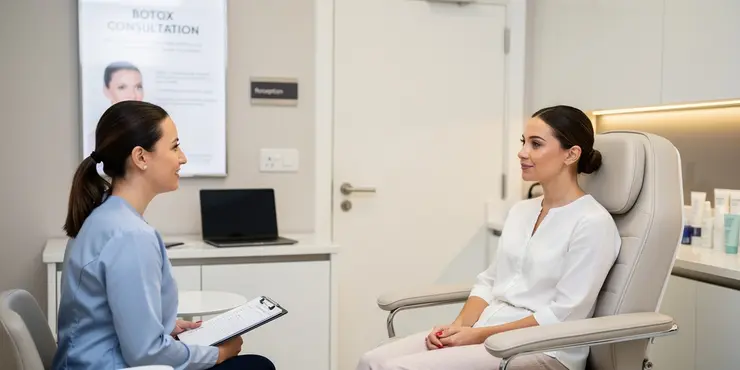
Is Botox treatment expensive?
Relevance: 30%
-
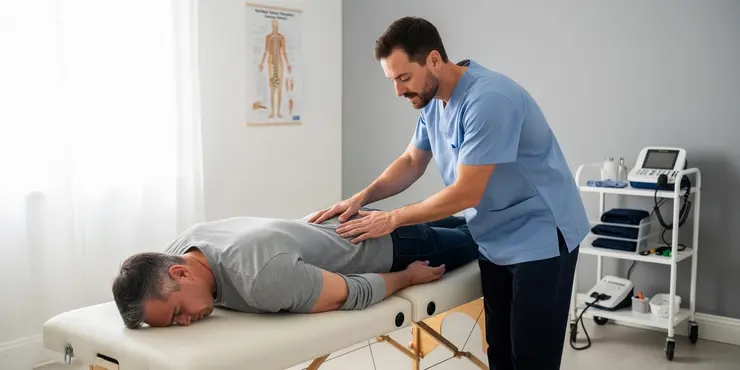
Are chiropractic treatments painful?
Relevance: 30%
-

What is the treatment for appendicitis?
Relevance: 30%
-

Eating disorders: treatment
Relevance: 30%
-
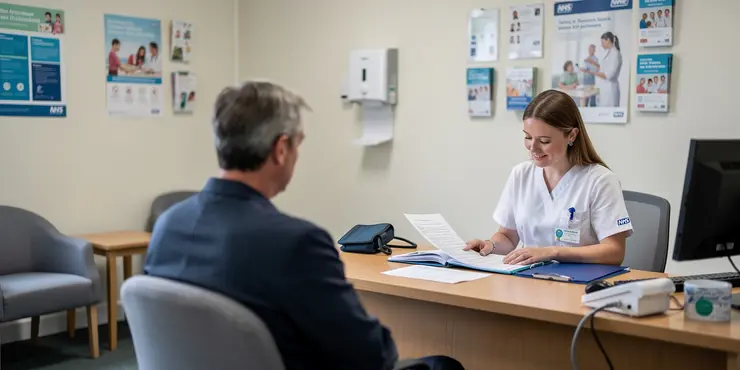
Is Paillon treatment a form of chemotherapy?
Relevance: 29%
-
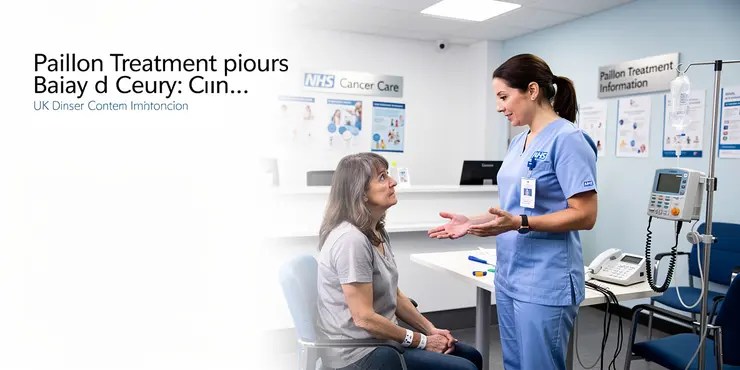
What is Paillon treatment for cancer?
Relevance: 29%
-
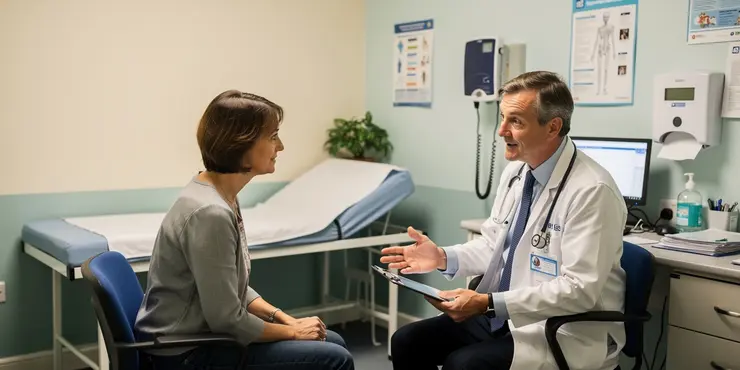
Who developed the Paillon treatment?
Relevance: 29%
-
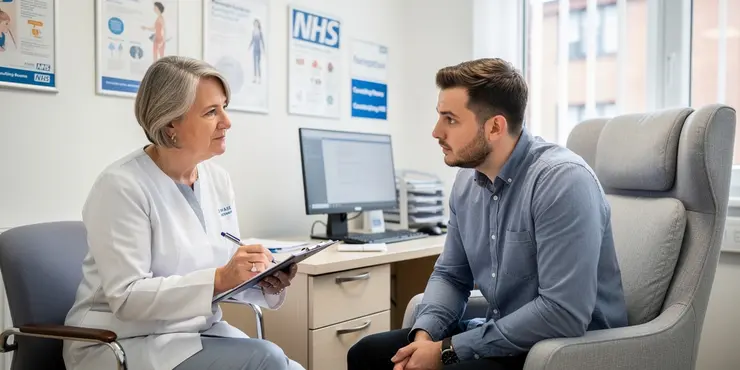
How is Paillon treatment administered?
Relevance: 29%
-
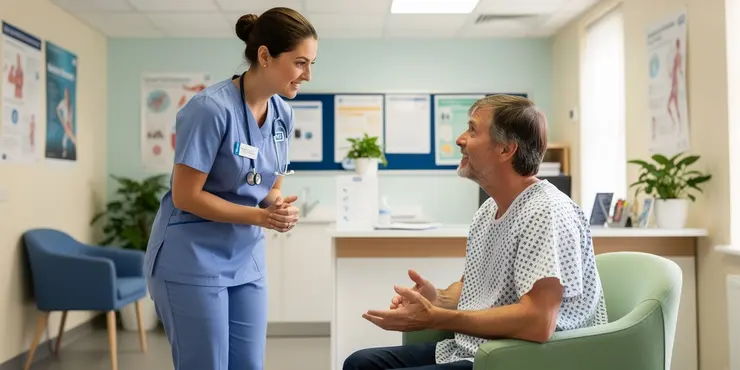
BSL - Treatments for insomnia
Relevance: 29%
-
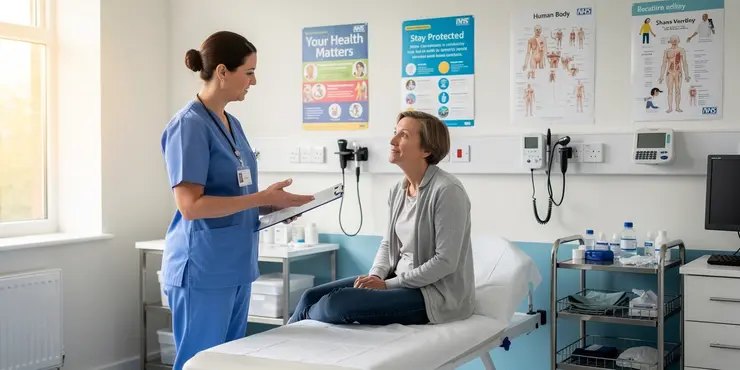
Is Paillon treatment FDA approved?
Relevance: 29%
-
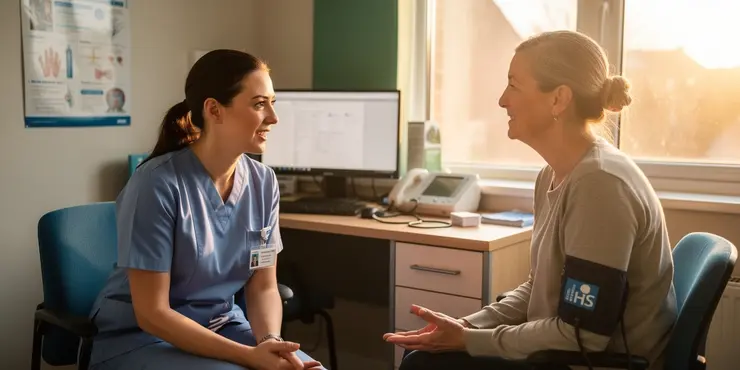
Is a prescription required for Paillon treatment?
Relevance: 29%
-
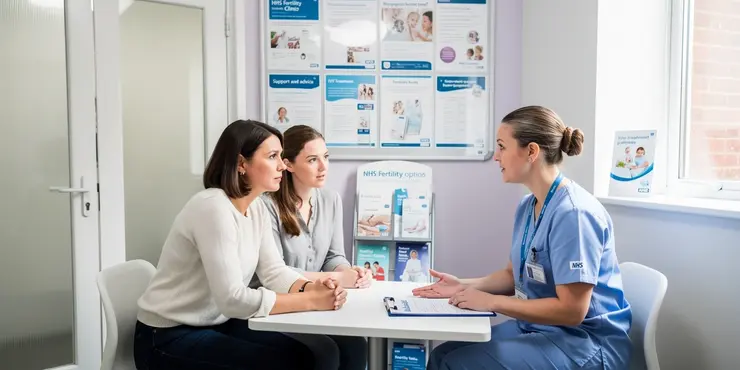
Fertility treatments on the up, but not via the NHS
Relevance: 29%
-
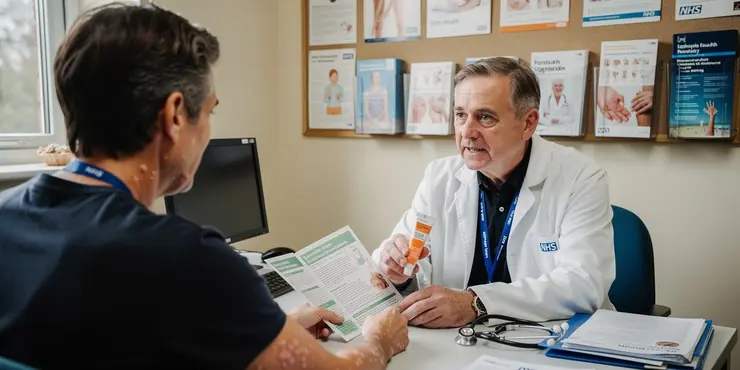
What are topical treatments for psoriasis?
Relevance: 29%
-
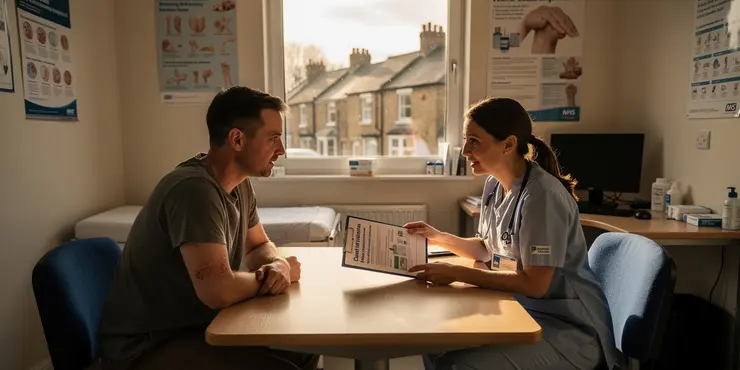
What treatments are available for eczema?
Relevance: 29%
-
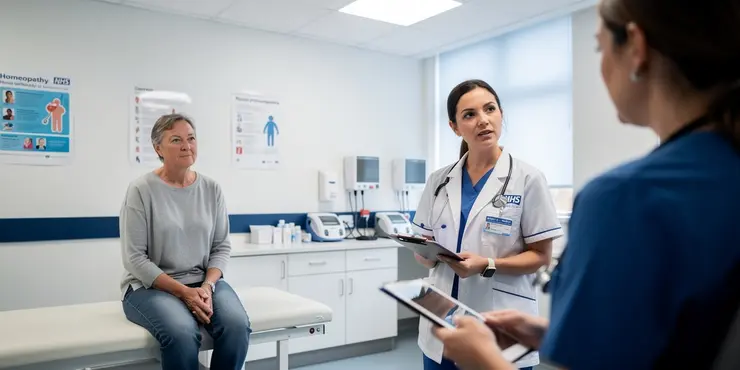
Are homeopathic treatments covered by the NHS?
Relevance: 29%
-
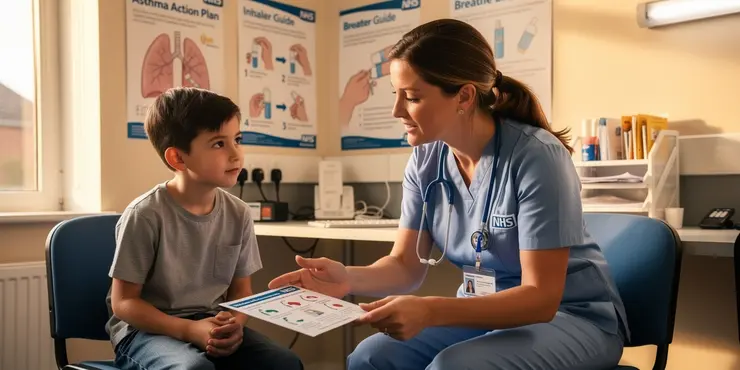
Are inhalers the only treatment for asthma?
Relevance: 29%
-

What is the treatment for bacterial meningitis?
Relevance: 29%
-
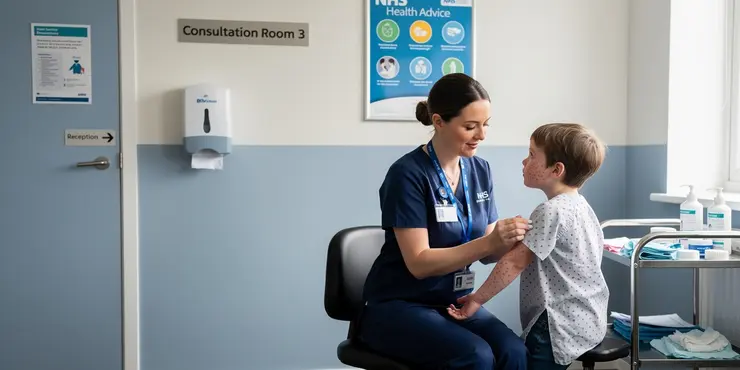
What is the treatment for chickenpox?
Relevance: 29%
-
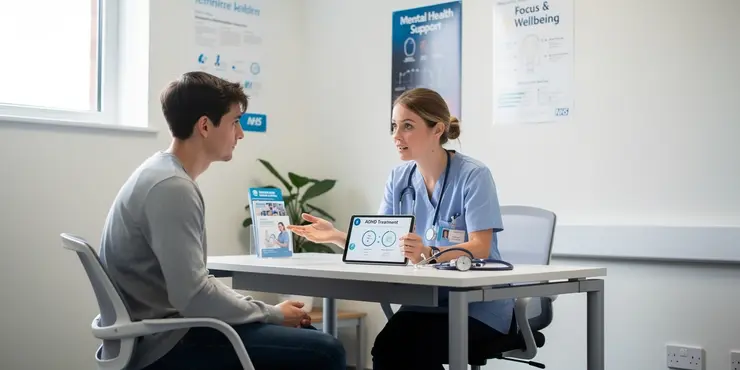
What are common treatments for ADHD?
Relevance: 29%
-
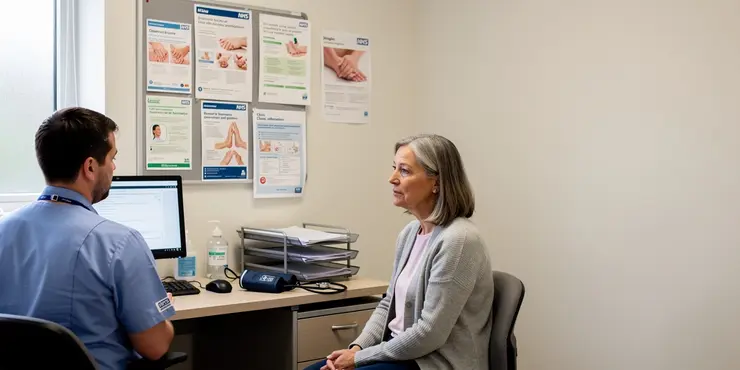
What treatments are available for shingles?
Relevance: 29%
-
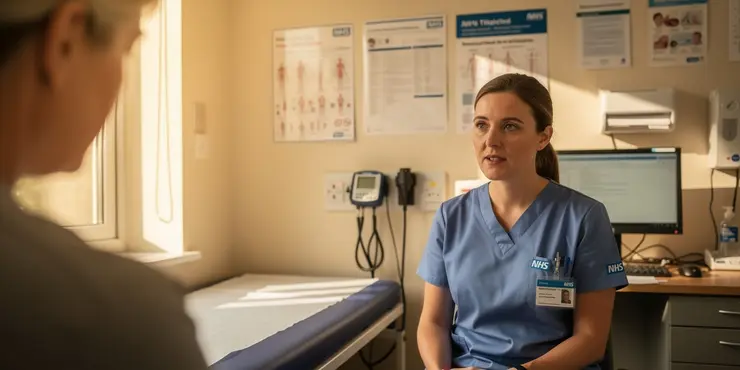
What treatments are available for shingles?
Relevance: 28%
-
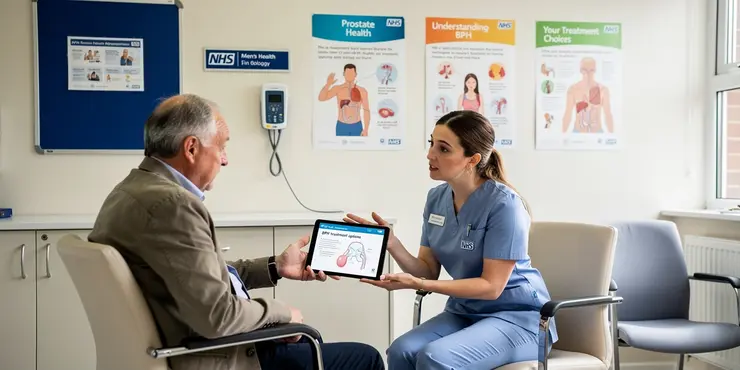
What are the treatment options for BPH?
Relevance: 28%
-
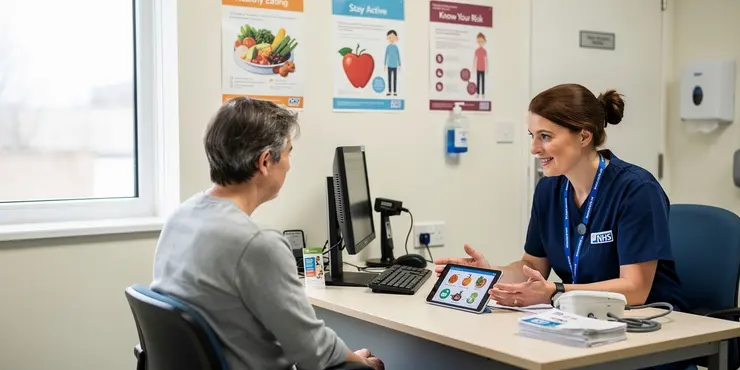
What treatments are available for obesity?
Relevance: 28%
-
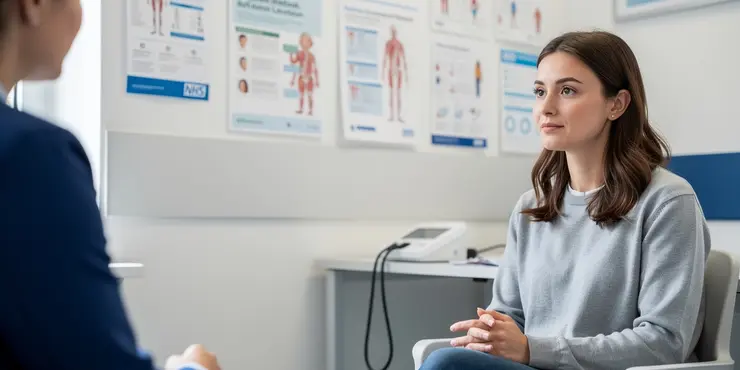
The treatment approach for an eating disorder
Relevance: 28%
-
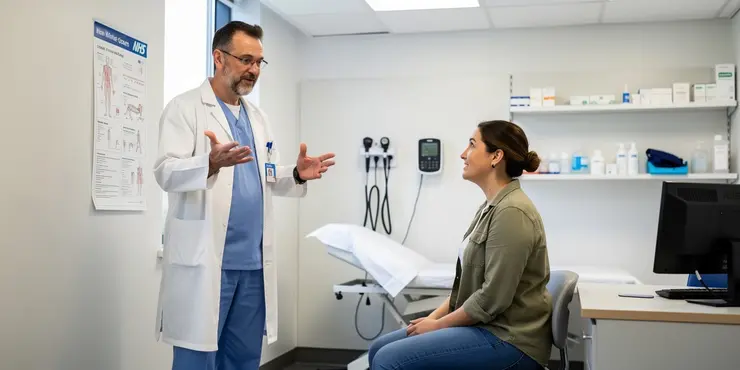
Are there treatments for West Nile Virus?
Relevance: 28%
-
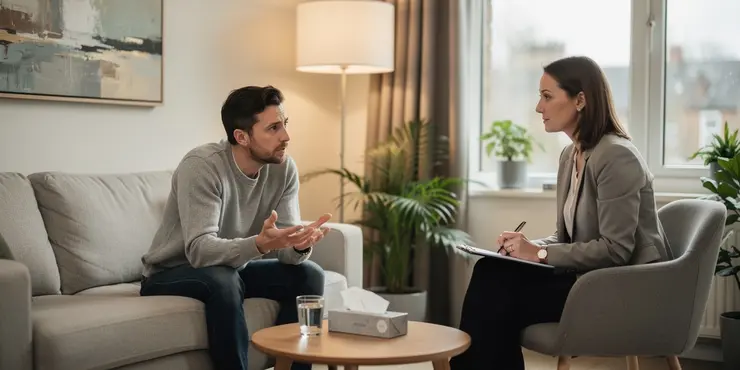
BSL - Treatment of panic disorder
Relevance: 28%
-
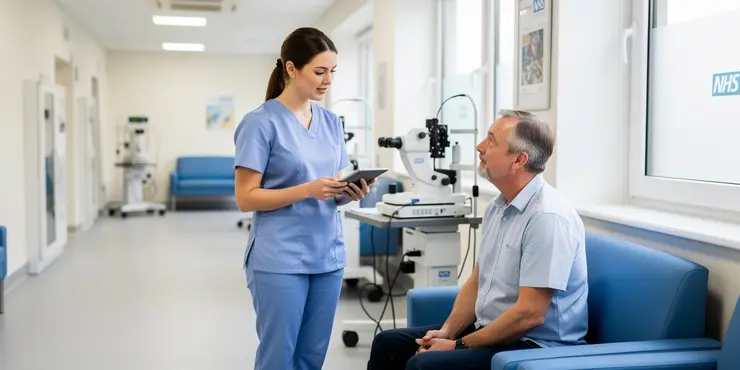
What treatments are available for hypotony?
Relevance: 28%
-

Are there treatments available for postnatal depression?
Relevance: 28%
-
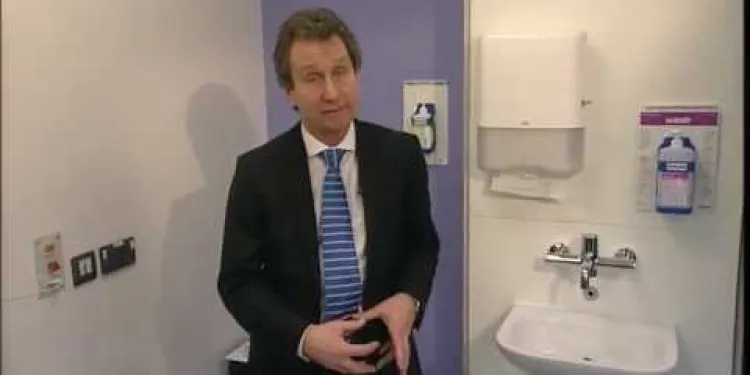
Hernias and their Treatments - A guide for patients
Relevance: 28%
-
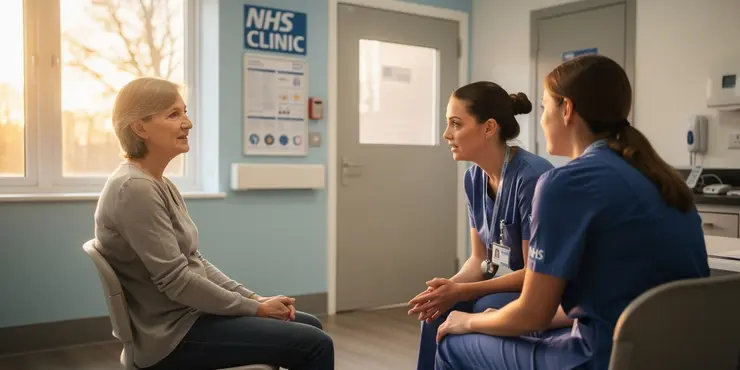
What are the success rates of Paillon treatment?
Relevance: 28%
-

What is the new treatment for hepatitis C like?
Relevance: 28%
-
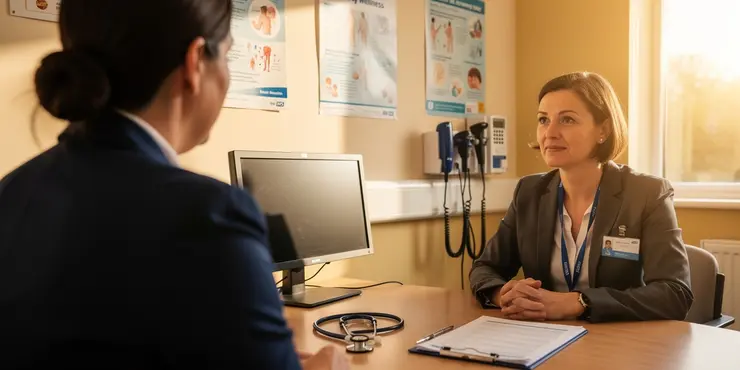
What are the costs associated with Paillon treatment?
Relevance: 28%
How to Treat Sinusitis
Understanding Sinusitis
Sinusitis, commonly known as a sinus infection, is inflammation or swelling of the tissue lining the sinuses. The sinuses are small, air-filled cavities behind your cheekbones and forehead. Normally, they produce mucus, which drains into the nose. When sinuses become blocked and filled with fluid, bacteria can grow and cause an infection.Initial Home Treatments
For many, sinusitis can be managed at home with a few simple remedies: - **Rest:** Ensure you get plenty of rest to help your body fight the infection. - **Hydration:** Drink plenty of fluids to thin the mucus. - **Steam Inhalation:** Inhale steam from a bowl of hot water or take a hot shower to help unblock sinuses. - **Warm Compress:** Apply warm packs to your face to ease pain and help mucus drain. - **Saline Nasal Spray:** Use saline sprays from your local pharmacy to rinse your nasal passages and reduce congestion.Over-the-Counter Medications
Pharmacists can recommend over-the-counter medications to alleviate symptoms: - **Pain Relief:** Ibuprofen or paracetamol can help reduce pain and fever. - **Decongestants:** Nasal or oral decongestants can relieve congestion, but shouldn't be used for more than a few days. - **Antihistamines:** If allergies are triggering sinusitis, antihistamines can help.When to See Your GP
If symptoms persist for more than a week, or if they are severe, it is recommended to see your GP. You should also see your GP if you experience: - Severe facial pain or tenderness. - Swelling around your eyes. - A high fever (above 38C). - Symptoms that are getting worse.Medical Treatments
Your GP may recommend: - **Antibiotics:** If a bacterial infection is suspected, antibiotics may be prescribed. - **Steroid Sprays:** In cases of persistent inflammation, they may prescribe nasal corticosteroids. - **Surgery:** In rare cases, if other treatments fail, referral to an ENT specialist for surgery might be needed.Preventing Sinusitis
To reduce the risk of sinusitis: - **Avoid Allergens:** Identify and avoid triggers that can cause allergies. - **Good Hygiene:** Wash your hands frequently to prevent infections. - **Humidify Air:** Use a humidifier in your home to keep air moist. - **Avoid Smoke:** Smoke can irritate the sinuses, so avoid smoking and secondhand smoke.Conclusion
While sinusitis can be uncomfortable, understanding how to manage and treat the condition can significantly alleviate symptoms. If home remedies and over-the-counter treatments do not work, it is important to seek medical advice to avoid complications. Stay proactive with preventative measures to reduce the risk of sinusitis in the future. For more information, visit the NHS website or consult your GP.How to Treat Sinusitis
Understanding Sinusitis
Sinusitis is when the spaces in your face, called sinuses, get swollen. These spaces are behind your cheeks and forehead. They should be filled with air, but sometimes they can fill up with fluid and cause an infection.Initial Home Treatments
You can try some simple things at home to feel better: - **Rest:** Get lots of sleep to help fight the infection. - **Drink Fluids:** Drink water or juice to make the mucus thinner. - **Steam:** Breathe in steam from hot water or have a warm shower. This helps unblock your sinuses. - **Warm Cloth:** Use a warm cloth on your face. It can help with pain and clear the mucus. - **Saline Spray:** Use a salty water spray from the pharmacy to help with a stuffy nose.Over-the-Counter Medications
A pharmacist can help you find medicine you can buy without a prescription: - **Pain Killers:** Medicine like ibuprofen or paracetamol can help with pain and fever. - **Decongestants:** These can be sprays or pills to help a stuffy nose, but don’t use them for too long. - **Antihistamines:** These can help if allergies cause your sinusitis.When to See Your GP
Visit your doctor if: - You still feel sick after a week. - You have bad pain in your face. - Your eyes are swollen. - Your fever is very high (over 38C). - You feel worse over time.Medical Treatments
Your doctor might suggest: - **Antibiotics:** If you have a bacterial infection, you might need antibiotics. - **Steroid Sprays:** If your nose is very inflamed, a special spray might help. - **Surgery:** This is rare but might be needed if nothing else works.Preventing Sinusitis
Try these tips to avoid sinusitis: - **Stay Away from Allergens:** Find out what you are allergic to and avoid it. - **Wash Hands:** Clean your hands often to keep germs away. - **Use a Humidifier:** A humidifier can keep the air moist at home. - **Avoid Smoke:** Stay away from smoke, as it can irritate your sinuses.Conclusion
Sinusitis can be hard, but you can manage it with the right steps. If home treatments don’t work, see a doctor. Taking care of yourself can help you avoid getting sinusitis again. For more help, talk to your doctor or see information on the NHS website.Frequently Asked Questions
What is sinusitis?
Sinusitis is an inflammation or swelling of the tissues lining the sinuses, often caused by an infection, allergies, or irritation from pollutants.
What are the common symptoms of sinusitis?
Common symptoms of sinusitis include a blocked or runny nose, facial pain or pressure, a reduced sense of smell, and a headache.
How is sinusitis diagnosed?
Sinusitis is usually diagnosed based on your symptoms and a physical examination. Your GP may check your nose, throat, and sinuses for inflammation or signs of infection.
Can sinusitis get better on its own?
Yes, in many cases, acute sinusitis improves on its own within two to three weeks without the need for medical treatment.
When should I see a GP for sinusitis?
You should see a GP if your symptoms are severe, do not improve within a week, or keep coming back, as it could be a sign of a more serious problem.
What treatments are available for sinusitis?
Treatment options include self-care measures, over-the-counter pain relief, nasal sprays, and decongestants. In some cases, your GP may prescribe antibiotics or corticosteroids.
Are antibiotics necessary for treating sinusitis?
Antibiotics are not usually necessary for acute sinusitis unless there is a bacterial infection. Most sinusitis cases are viral and do not require antibiotics.
Can I use nasal sprays to relieve sinusitis symptoms?
Yes, saline nasal sprays or drops can help relieve congestion and unblock your nasal passages. Decongestant sprays should not be used for more than a week as they can cause rebound congestion.
How can I relieve sinusitis pain at home?
Home remedies include applying a warm compress to your face, inhaling steam, staying hydrated, using a humidifier, and taking over-the-counter painkillers like paracetamol or ibuprofen.
Can sinusitis cause complications?
While rare, complications such as a spread of the infection to the eyes, bones, or brain can occur. Chronic sinusitis may also lead to ongoing discomfort.
What is chronic sinusitis?
Chronic sinusitis occurs when symptoms last for more than 12 weeks despite treatment. It can be caused by infections, nasal growths, or a deviated nasal septum.
Can allergies cause sinusitis?
Yes, allergies can lead to sinus inflammation and increase the likelihood of sinusitis. Managing your allergies can reduce the risk of sinusitis.
Is surgery ever required to treat sinusitis?
In some chronic or severe cases, surgery may be necessary to unblock the sinuses. This is usually considered when other treatments have not been effective.
How can I prevent sinusitis?
Preventing sinusitis involves avoiding upper respiratory infections, managing allergies, staying hydrated, using a humidifier, and avoiding smoking or pollutants.
Is it safe to fly with sinusitis?
Flying with sinusitis can be uncomfortable due to changes in cabin pressure. It's advisable to use a decongestant spray before the flight and stay hydrated to ease discomfort.
What is sinusitis?
Sinusitis is when the spaces inside your nose, called sinuses, get swollen and sore. It can make it hard to breathe or give you a stuffy nose.
Tips to feel better:
- Try breathing in steam from a bowl of hot water. Be careful not to burn yourself.
- Drink lots of water to stay hydrated.
- Use a soft tissue to blow your nose gently.
Sinusitis happens when the inside of your nose gets swollen. This can be because of germs, allergies, or dirty air.
What signs show you might have a sinus infection?
If you are thinking you might be sick with a sinus infection, here are some things to look out for:
- Stuffy or runny nose
- Pain in your face or head
- Hard to breathe through your nose
- Thick yellow or green snot
- A cough
- You might feel tired
- It might be hard to smell things
These are signs you might have a sinus infection. If you do, you might want to see a doctor. A doctor can help you feel better.
If reading is hard, you can ask someone you trust to help you. You can also use tools that read text out loud. These tools help you understand the information better.
When you have sinusitis, you might have these problems:
- Your nose feels blocked or runny.
- Your face might hurt or feel like there's pressure.
- You might not smell things as well as usual.
- You might have a headache.
If reading is hard, try these tips:
- Read slowly and take breaks.
- Point to each word as you read.
- Ask someone to read with you and help.
- Use an app to hear the words spoken aloud.
How do doctors know if you have sinusitis?
Doctors check if you have sinusitis by asking how you feel and looking at your symptoms.
They might look inside your nose or take pictures of your head, like an X-ray or a scan.
If you think you have sinusitis, tell your doctor how you feel. They will help you.
To make it easier, you can use a friend or family member to help explain to the doctor. Taking notes can also help you remember what the doctor says.
Doctors can tell if you have sinusitis by asking about how you feel and looking at you. Your GP might look inside your nose, throat, and sinuses to see if they are red or swollen. This helps them know if you have an infection.
Can sinusitis get better by itself?
Sometimes sinusitis can get better without any medicine. But it is good to see a doctor. They can help you feel better.
Things like drinking water and resting can help, too. A warm cloth on your face might make you feel more comfortable.
If you need help understanding, you can ask a family member or friend to read with you. Drawing pictures might help, too.
Yes, often, sinus problems get better by themselves in about two to three weeks. You might not need medicine.
When do I need to visit a doctor for sinus problems?
If you have pain in your face and a blocked nose that won't go away, you might have sinus problems. Sinus problems are called sinusitis.
Here is when you should see a doctor:
- If the pain or stuffy nose lasts more than a week.
- If the pain gets worse even when you take medicine.
- If you have a fever with the pain.
- If you feel very sick or have a bad headache.
Some tools that can help you:
- Use a calendar: Keep track of how long your symptoms last.
- Ask for help: You can ask a family member or friend to help you remember when to call the doctor.
- Write it down: Keep a list of your symptoms to tell the doctor.
Go see your doctor if you are feeling really bad, if you don't get better in a week, or if you keep getting sick again. It might be something serious.
What are the treatments for sinusitis?
If your nose and head hurt, you might have sinusitis.
Here are ways to feel better:
- See a doctor for medicine.
- Use nose sprays to help breathe easier.
- Rest and drink lots of water.
You can ask someone to help you if you need it.
You can try these to feel better:
- Take care of yourself.
- Use medicine from the store for pain.
- Use sprays for your nose.
- Try medicine that helps with stuffy noses.
If you are still not well, the doctor might give you stronger medicine or special medicine called steroids.
It might help to use pictures or talk to someone if reading is hard.
Do you need antibiotics to help with a sinus infection?
You don't usually need medicine called antibiotics for a sinus infection unless it's caused by bacteria. Most sinus infections are caused by a virus, and you don't need antibiotics for those.
Can I use nose sprays to help with a stuffy nose?
Yes, you can use salty water sprays or drops in your nose to help you breathe better when your nose feels blocked. Be careful with other nose sprays that open up your nose because you should not use them for more than a week. If you use them too long, they can make your nose feel more blocked.
How can I feel better from sinus pain at home?
You can try some simple ways to feel better at home. Put a warm cloth on your face. Breathe in steam from hot water. Drink lots of water. Use a machine that makes the air moist. You can also take medicine like paracetamol or ibuprofen if you are in pain.
Can sinusitis cause problems?
Sinusitis is when the spaces inside your nose and head (called sinuses) get swollen. Sometimes, this can cause other problems. It is important to see a doctor if your symptoms don't get better.
Here are some things you can do to help:
- Drink lots of water.
- Get plenty of rest.
- Use a warm cloth on your face to feel better.
- Ask an adult to help you use a saltwater spray for your nose.
- Use simple words and ideas so understanding is easier.
If you need help reading, you can:
- Ask someone to read with you.
- Use audiobooks or videos that explain things.
- Try using a ruler or your finger to follow the words.
Sometimes, problems like the infection reaching the eyes, bones, or brain can happen. But this is not very common. Having sinusitis for a long time can also make you feel uncomfortable all the time.
What is long-lasting sinusitis?
Long-lasting sinusitis is when your nose and head feel stuffy and painful for a long time.
It happens because the spaces in your nose that make mucus get swollen and blocked.
Using a humidifier or rinsing your nose with salt water may help. Also, seeing a doctor can be a good idea.
Chronic sinusitis happens when you have symptoms for more than 12 weeks, even after trying to get better. It can be caused by infections, lumps in the nose, or a bent part inside the nose.
Here are some tips to help understand this better:
- Break information into small parts: Read a little bit at a time.
- Use pictures: Draw or look at images to understand sinusitis.
- Ask for help: Talk to a teacher or an adult if something is hard to understand.
Can allergies make your sinuses hurt?
Allergies can sometimes make your nose and sinuses feel blocked. This is called sinusitis. Your sinuses are small areas inside your head, near your nose.
When you have allergies, things like pollen, dust, or animal fur can bother your nose and sinuses. This can make it hard to breathe or cause pain.
If you think you have sinusitis, it is important to talk to a doctor. They can help you feel better.
To help with allergies, you can:
- Use a tissue to blow your nose gently.
- Wash your hands often to keep away germs.
- Stay away from things that make your allergies worse.
- Ask an adult about using medicines for allergies.
Allergies can make your nose and sinuses swollen. This might lead to an illness called sinusitis. Taking care of your allergies can help prevent sinusitis.
Do you ever need an operation to fix sinusitis?
Sometimes, when someone is really sick and nothing else helps, a doctor might do surgery to help clear stuffy noses. This is only done if other medicines don’t work.
How can I stop getting sinusitis?
To stop getting sinus infections, try these tips:
- Stay away from colds and flu.
- Take care of your allergies.
- Drink lots of water.
- Use a machine to keep the air moist.
- Don't smoke or breathe in dirty air.
If you need help, there are tools like picture guides and read-aloud tools that can help you understand this better.
Can you fly safely with a sinus infection?
Flying with a stuffy nose can hurt because the air pressure changes on the plane. Taking nose spray before you fly can help. Drink lots of water too. This can make you feel better.
Useful Links
This website offers general information and is not a substitute for professional advice.
Always seek guidance from qualified professionals.
If you have any medical concerns or need urgent help, contact a healthcare professional or emergency services immediately.
Some of this content was generated with AI assistance. We’ve done our best to keep it accurate, helpful, and human-friendly.
- Ergsy carfully checks the information in the videos we provide here.
- Videos shown by Youtube after a video has completed, have NOT been reviewed by ERGSY.
- To view, click the arrow in centre of video.
- Most of the videos you find here will have subtitles and/or closed captions available.
- You may need to turn these on, and choose your preferred language.
- Go to the video you'd like to watch.
- If closed captions (CC) are available, settings will be visible on the bottom right of the video player.
- To turn on Captions, click settings .
- To turn off Captions, click settings again.
More Items From Ergsy search
-

How to treat sinusitis | NHS
Relevance: 100%
-

Understanding Seasonal Flu: Prevention and Treatment
Relevance: 41%
-

Can hay fever symptoms mimic other conditions?
Relevance: 38%
-

What are headaches?
Relevance: 32%
-

Having chemotherapy and other treatments in the Day Treatment Unit
Relevance: 32%
-
Is there a treatment for measles?
Relevance: 31%
-

Is there a treatment for measles?
Relevance: 31%
-

Are chiropractic treatments safe?
Relevance: 31%
-

Is Botox treatment expensive?
Relevance: 30%
-

Are chiropractic treatments painful?
Relevance: 30%
-

What is the treatment for appendicitis?
Relevance: 30%
-

Eating disorders: treatment
Relevance: 30%
-

Is Paillon treatment a form of chemotherapy?
Relevance: 29%
-

What is Paillon treatment for cancer?
Relevance: 29%
-

Who developed the Paillon treatment?
Relevance: 29%
-

How is Paillon treatment administered?
Relevance: 29%
-

BSL - Treatments for insomnia
Relevance: 29%
-

Is Paillon treatment FDA approved?
Relevance: 29%
-

Is a prescription required for Paillon treatment?
Relevance: 29%
-

Fertility treatments on the up, but not via the NHS
Relevance: 29%
-

What are topical treatments for psoriasis?
Relevance: 29%
-

What treatments are available for eczema?
Relevance: 29%
-

Are homeopathic treatments covered by the NHS?
Relevance: 29%
-

Are inhalers the only treatment for asthma?
Relevance: 29%
-

What is the treatment for bacterial meningitis?
Relevance: 29%
-

What is the treatment for chickenpox?
Relevance: 29%
-

What are common treatments for ADHD?
Relevance: 29%
-

What treatments are available for shingles?
Relevance: 29%
-

What treatments are available for shingles?
Relevance: 28%
-

What are the treatment options for BPH?
Relevance: 28%
-

What treatments are available for obesity?
Relevance: 28%
-

The treatment approach for an eating disorder
Relevance: 28%
-

Are there treatments for West Nile Virus?
Relevance: 28%
-

BSL - Treatment of panic disorder
Relevance: 28%
-

What treatments are available for hypotony?
Relevance: 28%
-

Are there treatments available for postnatal depression?
Relevance: 28%
-

Hernias and their Treatments - A guide for patients
Relevance: 28%
-

What are the success rates of Paillon treatment?
Relevance: 28%
-

What is the new treatment for hepatitis C like?
Relevance: 28%
-

What are the costs associated with Paillon treatment?
Relevance: 28%


